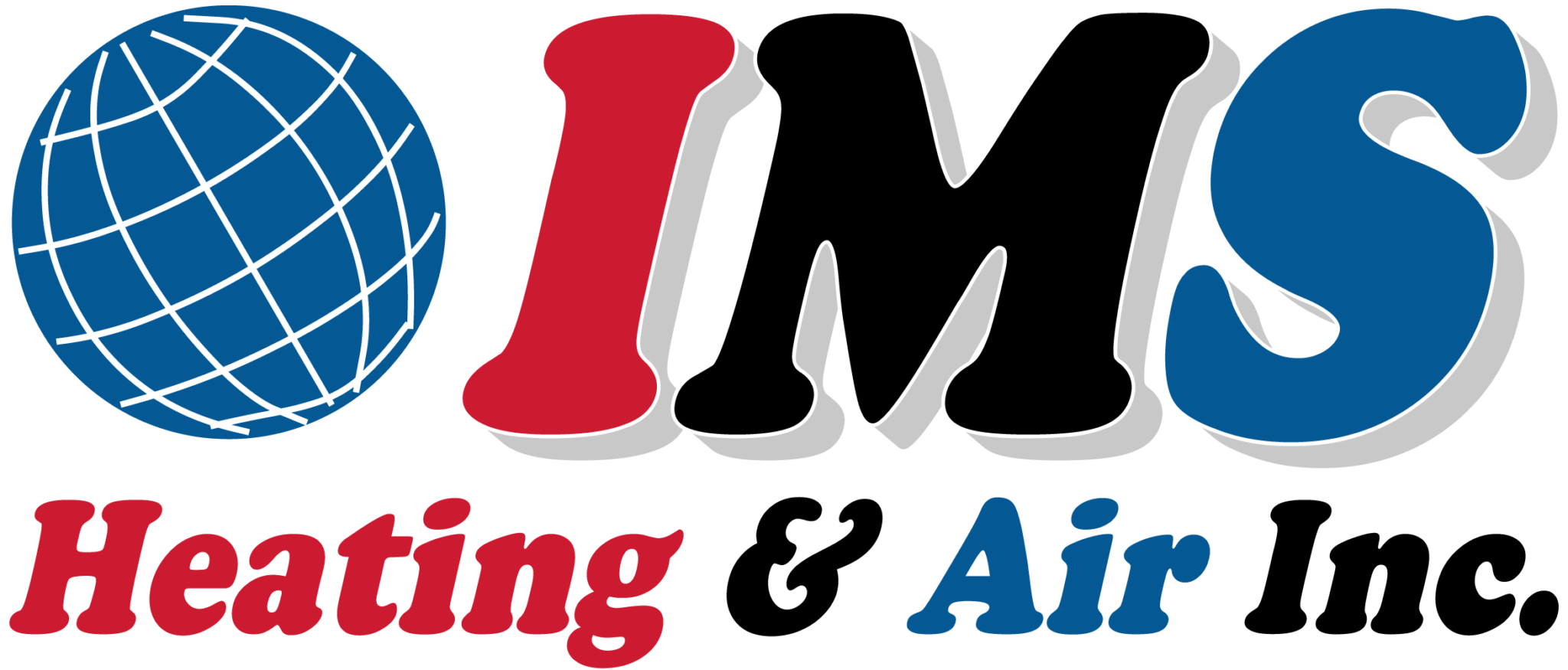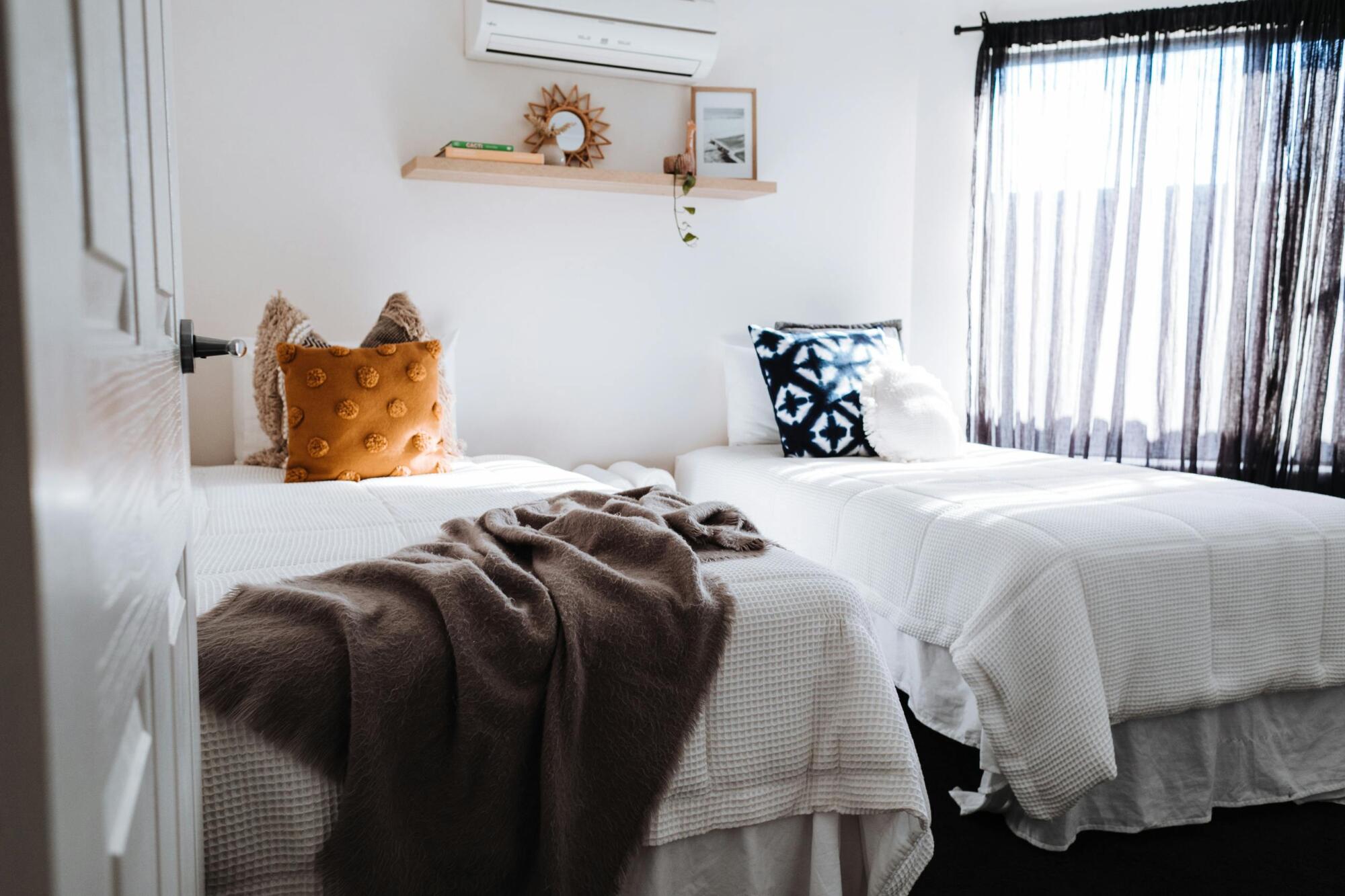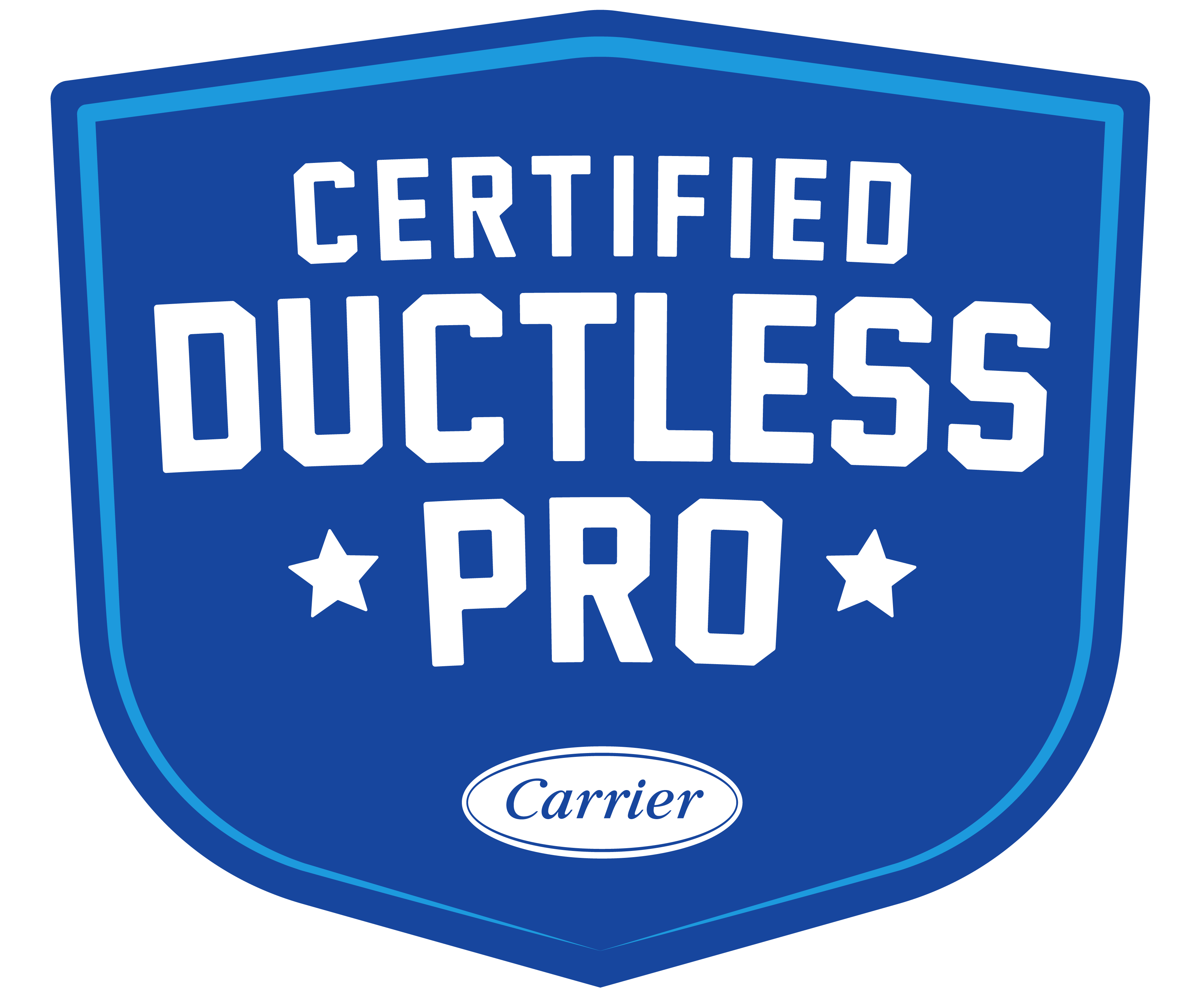As Colorado, like elsewhere in the United States, continues to warm up, the necessity of reliable air conditioning (AC) systems in our homes becomes increasingly apparent. Choosing the best AC systems for your Fort Collins home can significantly enhance comfort and energy efficiency.
In this blog post, we will aim to simplify the decision-making process by outlining key considerations tailored to Fort Collins residents.
Taking the time to understand your cooling needs, exploring different types of AC systems, as well as evaluating factors like energy efficiency and cost considerations, will all play crucial roles in finding the optimal solution for your home. Let’s get started.
Understanding Your Cooling Needs
Before selecting an AC system for your Fort Collins home, it’s essential to assess your specific cooling requirements. Factors such as the size of your home, the number of rooms, and local climate conditions all influence the type and capacity of AC system you’ll need.
Fort Collins experiences warm summers with temperatures often reaching into the 80s and 90s Fahrenheit. This makes efficient cooling a priority for comfortable indoor living.
Begin by measuring the square footage of your home to determine the system size required. Each room’s layout and the number of windows also affect cooling needs. Additionally, consider factors like insulation quality and ceiling height, as these impact how well your home retains cool air.
Understanding your cooling needs ensures you choose an AC system that not only effectively cools your space but also operates efficiently, keeping utility costs manageable.
Types of Air Conditioning Systems
Choosing the right AC system for your Fort Collins home involves understanding the characteristics and benefits of each option. Here’s an overview of the four main types.
Central Air Conditioning
First of all, central air conditioning is ideal for homes with existing ductwork. It operates by distributing cooled air through ducts and vents. This system consists of an outdoor unit (compressor and condenser) and an indoor unit (evaporator coil and blower).
Central AC ensures even cooling and consistent temperatures throughout the house. However, installation can be costly if ductwork needs modification, and it may increase energy bills if not properly maintained.
Ductless Mini-Split Systems
Ductless mini-splits are suitable for homes without ductwork or for specific cooling needs in individual rooms. They include an outdoor compressor unit as well as one or multiple indoor air-handling units mounted on ceilings or walls.
These are an energy-efficient AC option and also allow for customized temperature control in different areas. Yet, they may require a higher upfront investment and professional installation.
Window Units
Window air conditioners are self-contained units installed in windows. They cool air by passing it over refrigerant-filled coils and expelling heat outside. Window units are affordable, easy to install, and suitable for cooling single rooms or small spaces.
However, they can be noisy and obstruct window views, and their cooling efficiency may vary compared to central or ductless systems.
Portable Air Conditioners
Portable AC units are versatile and can be moved between rooms. They operate by drawing in warm air, cooling it over coils, and venting exhaust air through a window or drop ceiling.
Portables offer flexibility without requiring permanent installation but may be less efficient and noisier than other types due to the exhaust hose and maintenance requirements.
Key Features to Consider
When selecting an AC system, several key features should guide your decision-making process. Here is what you need to consider buying making a decision.
Energy Efficiency Rating
The Energy Efficiency Ratio (EER) and Seasonal Energy Efficiency Ratio (SEER) are critical indicators of an AC system’s efficiency. EER measures the cooling output divided by the electrical input during a specific test condition, while SEER calculates efficiency over an entire cooling season.
Higher EER and SEER ratings indicate greater energy efficiency, which can lead to lower utility bills and reduced environmental impact.
Cooling Capacity
The cooling capacity of an AC system is measured in British Thermal Units (BTUs) per hour. Choosing the right BTU capacity depends on your home’s size and cooling requirements.
An AC unit with insufficient BTUs may struggle to cool your space effectively, while one with excessive BTUs may cycle on and off frequently, leading to inefficiency and higher energy costs.
Noise Levels
Consider also the noise levels of the AC unit, especially if you prefer quieter indoor environments or have neighbors in close proximity.
Modern AC systems often advertise quieter operation, so check the decibel ratings (dB) provided by manufacturers to ensure the unit meets your comfort preferences.
Smart Features and Controls
Many newer AC systems offer smart features and controls that allow you to monitor and adjust settings remotely via smartphone apps or voice commands.
These features can enhance convenience and energy efficiency by optimizing cooling schedules based on occupancy or external weather conditions.
Maintenance Requirements
Regular maintenance is essential for prolonging the lifespan and efficiency of your AC system. You should consider the ease of maintenance tasks such as filter changes, coil cleaning, and system inspections.
Some systems require more frequent maintenance than others, so factor these requirements into your decision-making process.
Cost Considerations
Finally, cost is a crucial factor in choosing an AC system, encompassing not only the upfront purchase price but also installation, operation, and maintenance costs over the system’s lifespan.
While window units and portable ACs tend to be more affordable upfront, central AC and ductless mini-splits may offer better long-term efficiency and comfort benefits despite higher initial costs. It’s also important to factor in energy efficiency ratings and potential utility savings when assessing overall cost-effectiveness.
How to Choose the Best Air Conditioning Systems
So, to sum up, with several options available, selecting the best AC systems for your Fort Collins home involves weighing various factors like energy efficiency, cooling capacity, and maintenance needs.
Consulting with experts like IMS Heating & Air Inc., an award-winning Fort Collins HVAC company, ensures you receive tailored advice for your specific requirements.
Contact our team today to learn more about the different air conditioning options that you can choose from, and find the perfect home cooling solutions for your home.





